Five Resorts That Do Regenerative Tourism Right
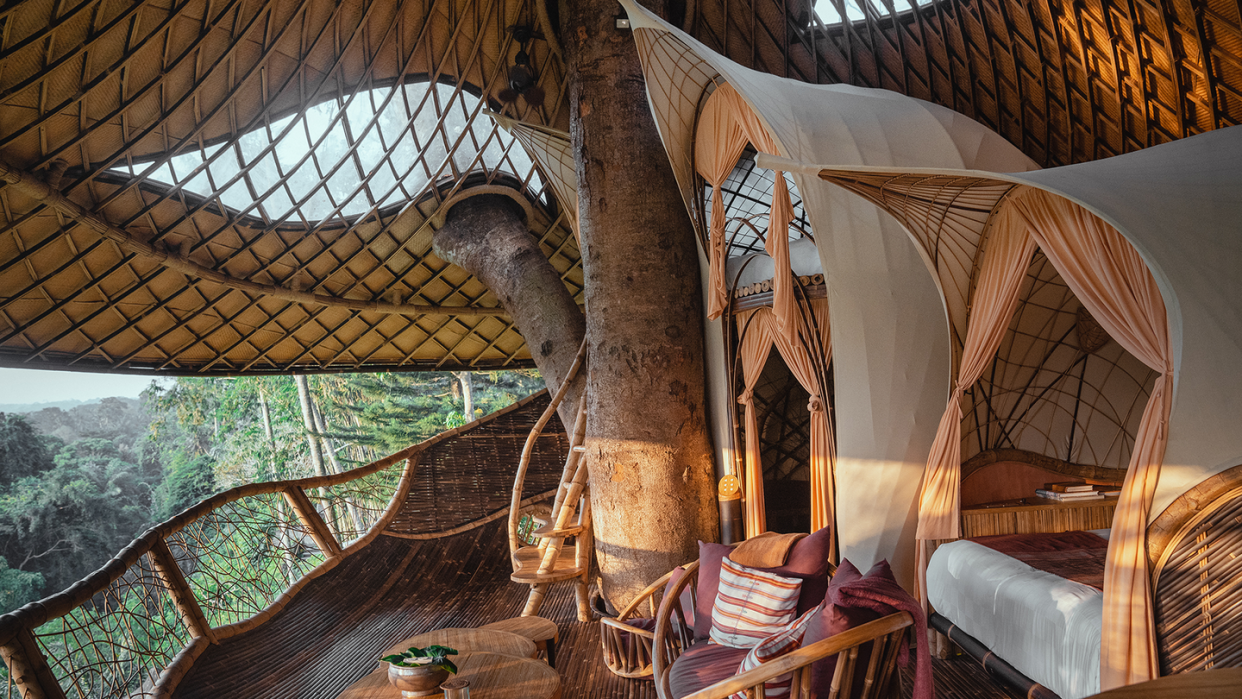
Years before Rodrigo Juárez began construction on Boca de Agua, an ecoresort in Bacalar, Mexico, he enlisted a group of biologists to map out all the endangered flora on the property’s 82 acres and funded the regeneration of five acres of mangroves. When he asked the award-winning architect Frida Escobedo to build with local chicozapote wood, she went a step further and designed raised tree-house-style villas so as to disturb the earth as little as possible. The resort's opening was highly anticipated, not just because Bacalar is being heralded as the new Tulum or the property is so Instagrammable, but also because it is a prime example of regenerative tourism.
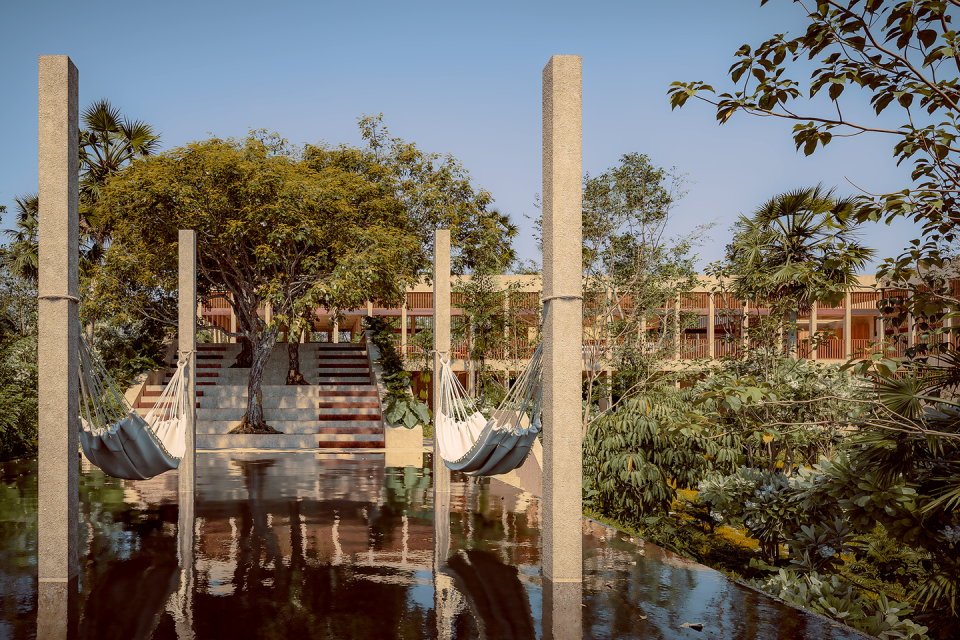
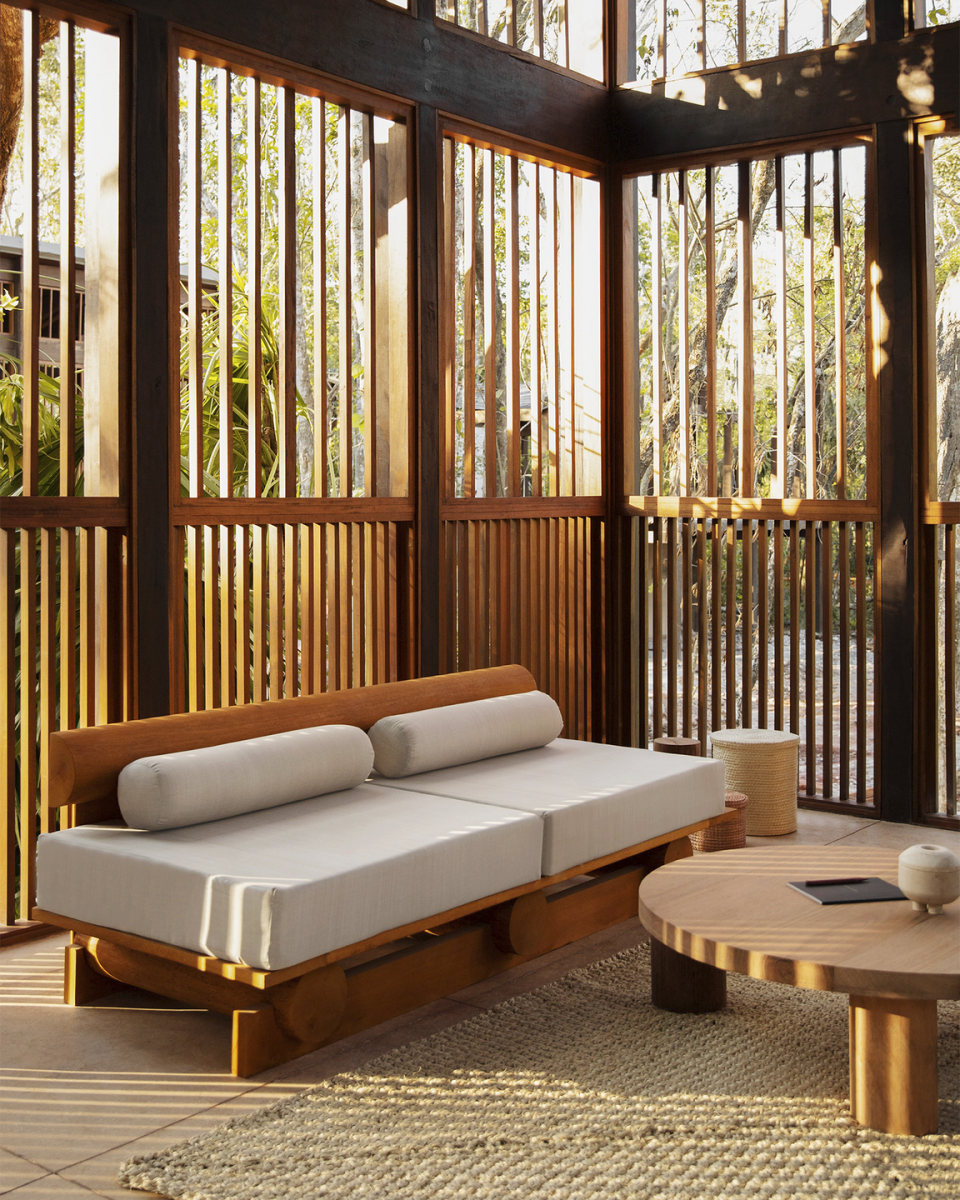
Sustainability no longer suffices in the most forward-thinking corners of the hospitality world. “Sustaining our world means to preserve what we have now, and that is clearly not working,” says Fleur Huijskens, the cofounder of Sterrekopje Healing Farm in South Africa’s Franschhoek Valley, east of Cape Town. “Regeneration is about leaving one’s environment in a better place than when you found it. That is how we farm, but it’s also how we want to live.” Huijskens and her partner in business and life, Nicole Boekhoorn, spent three years restoring the gardens and the farm at the heart of the 125-acre property. “There are no schedules here,” says Huijskens, only wild swimming (diving into cold-water lakes), hiking, landscape painting, and moon meditation. Plant-based meals are made from the farm’s bounty. “We call this a soil-to-soul wellness experience.”
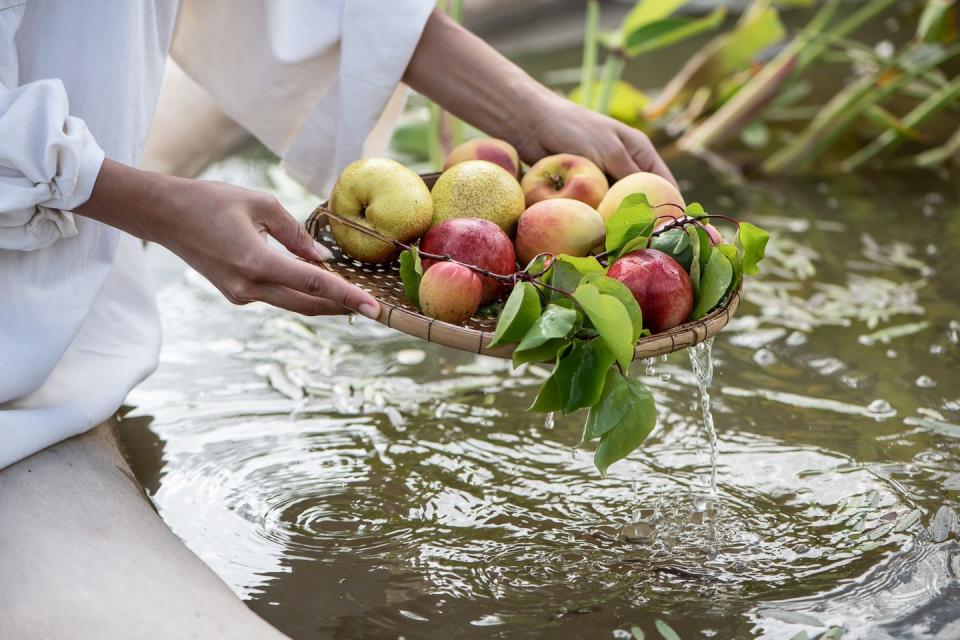
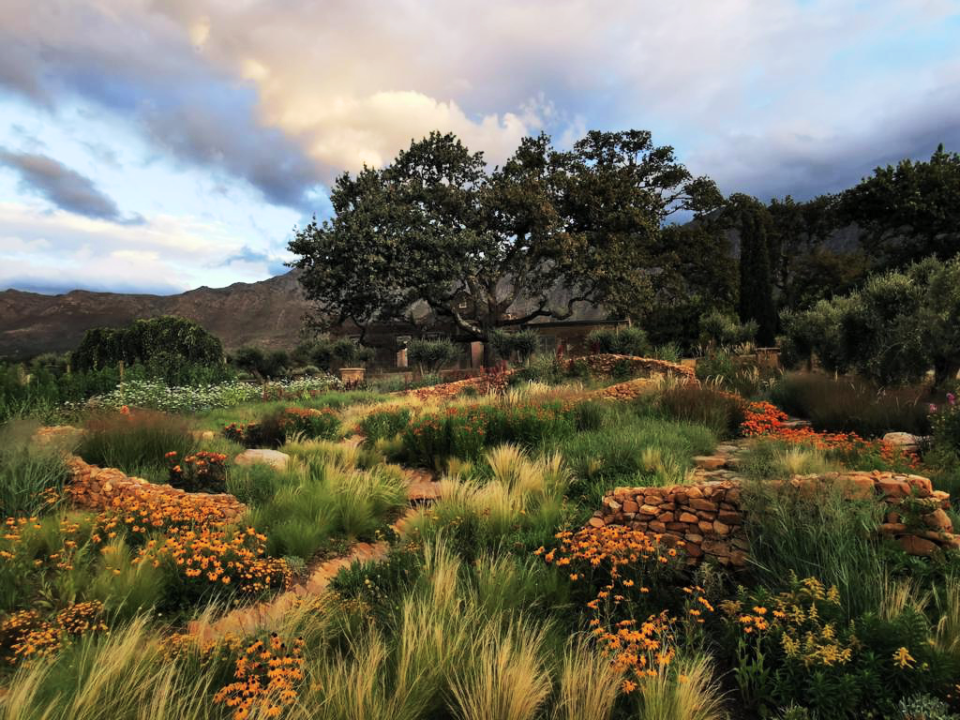
Heckfield Place in Hampshire, England, was regenerative before it became a buzzword. The famed 19th-century horticulturalist William Wildsmith was a gardener on the estate for 25 years. In 2012, venture capitalist and current owner Gerald Chan and his team of farmers, gardeners, and conservation experts began transforming the 438-acre property, opening a 45-room wellness retreat in 2018, followed by an organic farm with a dairy and hundreds of chickens, fruit trees, and beehives. Last year, the property launched a new spa complex called the Bothy by Wildsmith. Ingredients for its in-house skincare line are harvested on the estate.
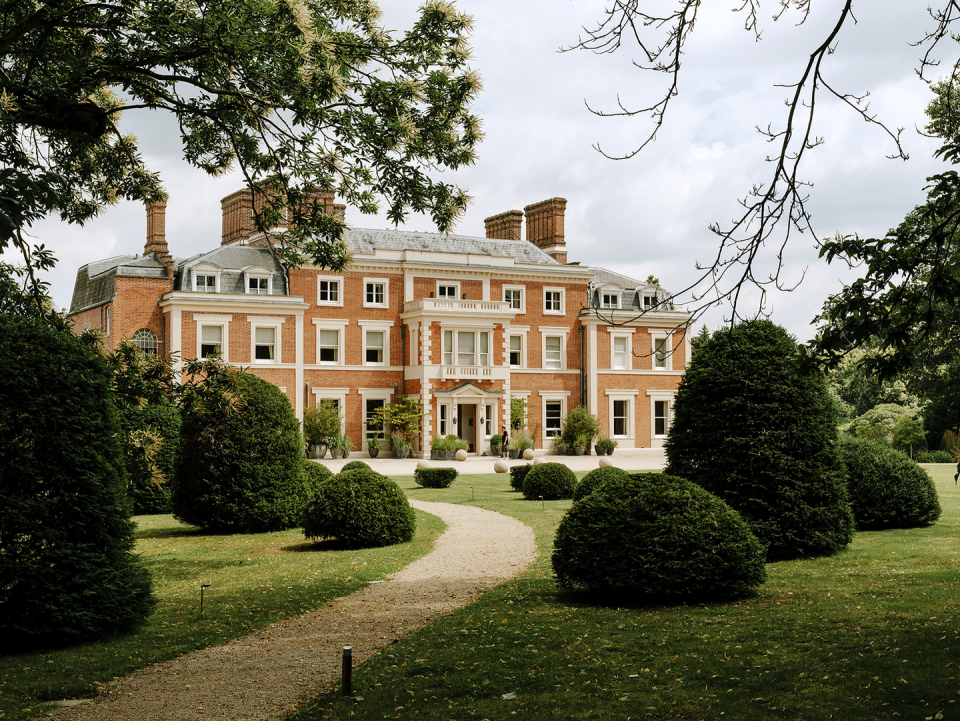

Innovation flourishes when regenerative principles are upheld. That’s certainly the case with Bambu Indah, a resort on the island of Bali that is the passion project of John and Cynthia Hardy. Sculptural and evocative tree houses designed by Elora Hardy (John’s daughter) are constructed primarily from bamboo, which can be composted.
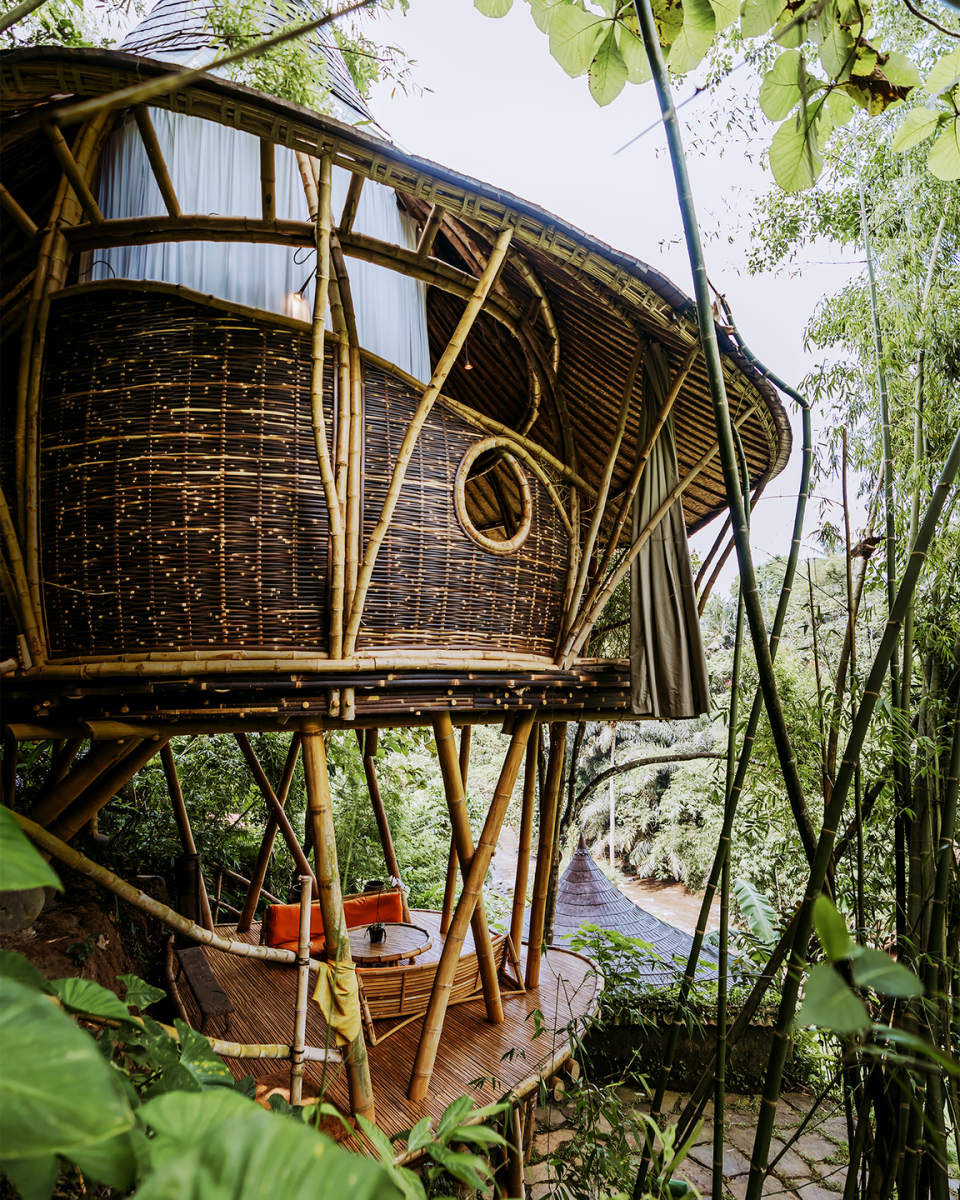
And at Serenbe—a development of houses, restaurants, a farm, and an inn on 1,400 acres of land about 30 miles southwest of Atlanta—a community has grown to more than 1,000 residents over the past two decades. It keeps growing: Last year, they started a project to transform 13 acres of a former hayfield into a meadow of native wildflowers.
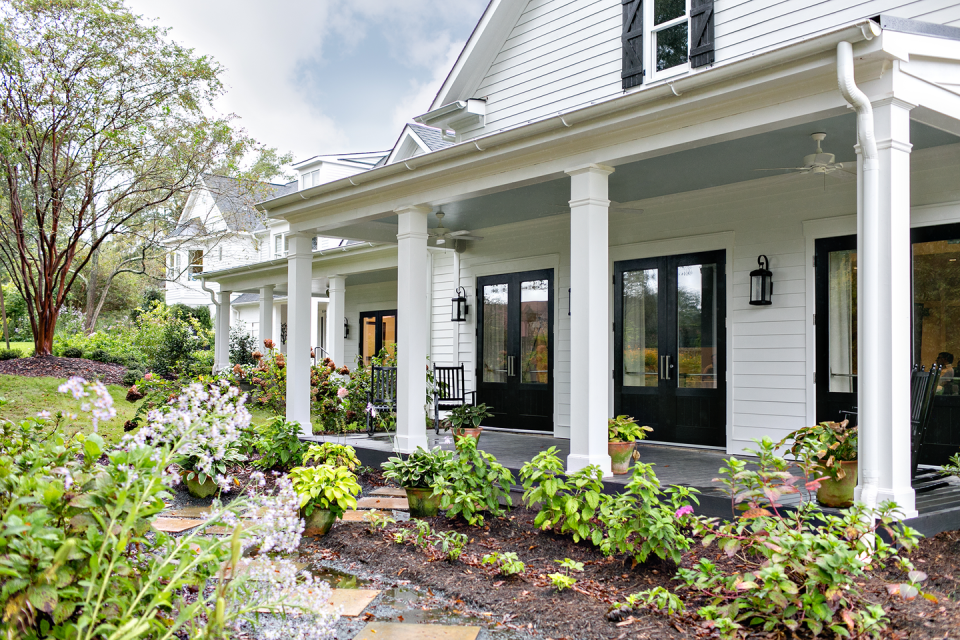
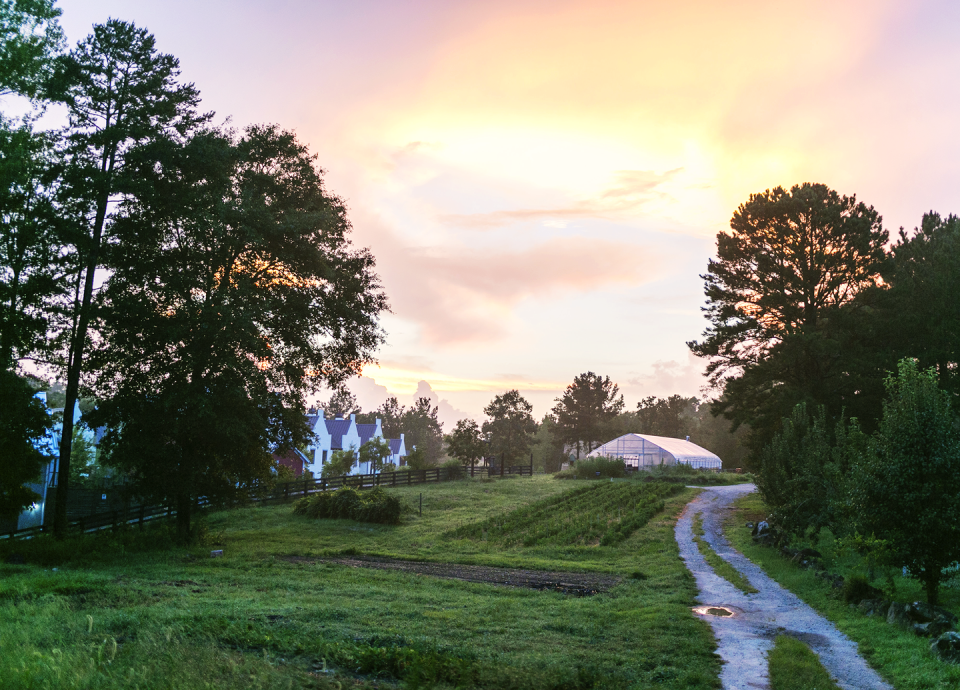
You Might Also Like


